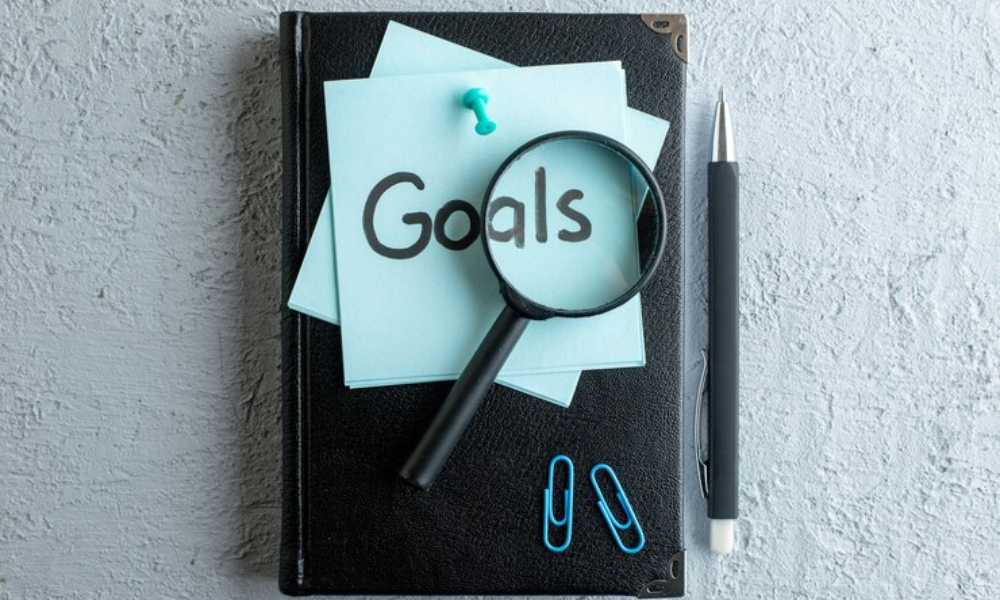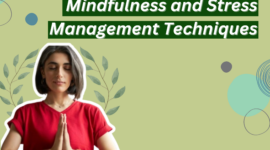Effective self-study is a crucial skill for lifelong learning and personal development.
By taking charge of your educational journey, you can tailor your learning experience to your unique needs and pace.
This step-by-step guide will provide you with strategies on how to self study effectively, ensuring that you maximize your learning potential.
Step 1: Assess Your Readiness to Learn

Before embarking on how to self study, evaluate your current skills, knowledge, and learning environment. Understanding your strengths and areas for improvement will help you set realistic goals and choose appropriate study materials. Reflect on your motivation, discipline, and available resources to ensure you’re prepared for independent learning.
Step 2: Set Clear Learning Goals

Define specific, measurable, achievable, relevant, and time-bound (SMART) goals for your study sessions. Clear objectives provide direction and motivation, making it easier to track your progress and stay focused. For example, instead of aiming to “learn programming,” set a goal to “build a simple website using HTML and CSS within four weeks.”
Step 3: Develop a Structured Study Plan

Create a detailed study schedule that outlines what you intend to study and when. Allocate dedicated time slots for each subject or topic, ensuring a balanced approach. Consistency is key, so establish a routine that fits your lifestyle and stick to it. Incorporate regular breaks to prevent burnout and maintain productivity.
Step 4: Choose Reliable Study Materials

Select high-quality resources that align with your learning objectives. Utilize textbooks, online courses, academic journals, and reputable websites. Diversifying your materials can provide different perspectives and enhance understanding. Ensure the resources are up-to-date and authored by credible experts in the field.
Step 5: Engage Actively with the Material
Active engagement involves interacting with the content rather than passively reading or listening. Techniques include:
-
Summarization: After reading a section, summarize the key points in your own words.
-
Questioning: Formulate questions based on the material and attempt to answer them without referring to the source.
-
Teaching: Explain the concepts you’ve learned to someone else or even to yourself. Teaching reinforces understanding and highlights areas that need further clarification.
Step 6: Utilize Effective Note-Taking Methods

Develop a note-taking system that helps you organize and retain information. Methods such as the Cornell Note-Taking System or mind mapping can be particularly effective. Well-structured notes serve as valuable review tools and aid in comprehension. This is how to self study by effective notes .
Step 7: Test Your Understanding

Regular self-assessment is key element of how to self study to gauge your progress and identify areas needing improvement. Use practice questions, quizzes, and past exams to test your knowledge. This not only reinforces learning but also builds confidence in applying the information.
Step 8: Reflect and Adjust Your Approach

Periodically reflect on your study methods and progress. Assess what’s working well and what isn’t. Be flexible and willing to adjust your strategies to enhance effectiveness. Continuous improvement is key to successful self-study.
Frequently Asked Questions (FAQs)
Q1: How can I stay motivated during self-study?
Ans: Set clear, achievable goals and remind yourself of the reasons behind your learning journey. Celebrate small milestones to maintain motivation.
Q2: What should I do if I encounter difficult topics?
Ans: Break down complex subjects into smaller, manageable parts. Seek additional resources or explanations, and don’t hesitate to ask for help from online forums or study groups.
Q3: How do I manage distractions while studying at home?
Ans: Create a dedicated, clutter-free study space. Use tools like website blockers to minimize digital distractions and inform those around you of your study schedule to reduce interruptions.
Q4: Is it beneficial to study with others when self-studying?
Ans: Yes, forming study groups can provide support, diverse perspectives, and enhance understanding through discussion and collaboration.
Q5: How can I measure my progress in self-study?
Ans: Regularly test yourself on the material, track completed topics, and reflect on your ability to apply what you’ve learned in practical scenarios.










